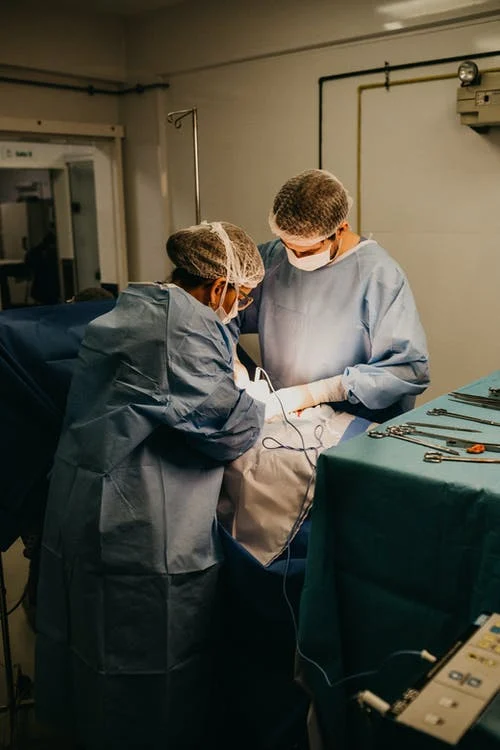If you’ve tried everything to reduce weight and nothing seems to work, you might be interested in learning more about gastric sleeve surgery.
Discover your insurance to see if your plan covers gastric sleeve cost in Sydney. Even if your insurance doesn’t cover the cost of gastric sleeve surgery, many of the associated costs, including lab testing, pre-op exams, and other pre-op prerequisites, may be covered by your plan.
While it can help some people lose weight, there are some gastric sleeve side effects to be aware of. The risks and side effects of a gastric sleeve are listed below.
What is the purpose of gastric sleeve surgery?
Patients who choose for gastric sleeve surgery have up to 80% of their stomach removed. The remaining pieces are joined together to form a tiny gastric sleeve. Patients feel full considerably faster since their stomachs are reduced to a tenth of their previous size. Gastric sleeves assist people in losing weight quickly.
Gastric sleeve surgery differs from gastric bypass surgery in several ways. A tiny pouch is created during the procedure, allowing food to bypass most of the stomach and flow straight to the intestine. Only some persons are eligible for each operation. If you’re 50 pounds or more over your desired weight, you might want to consider a gastric sleeve.
What are the potential side effects of gastric sleeve surgery?
- The gastric sleeve treatment is dangerous because it removes a big amount of one of the important organs.
- It’s also permanent, so think about the hazards before going ahead with the procedure.
There are also long-term concerns associated with gastric sleeve surgery. Many of them are related to the fact that patients are consuming less nutrients than they were previously.
- Gingival blockage, hernias, gastroesophageal reflux, hypoglycemia, malnutrition, and vomiting are all long-term gastric sleeve problems.
If you’re thinking about getting a gastric sleeve, talk to your doctor about the risks.
What are gastric sleeve surgery adverse effects?
Side effects differ from person to person, as they do with any procedure. It’s important to keep in mind that gastric sleeve surgery in Sydney is a lifelong procedure. Those who have the operation must change their nutrition for the rest of their lives.
Patients can only drink non carbonated, sugar-free liquids for the first week after surgery. After seven days, pureed foods can be offered and continued for three weeks, then conventional foods can be introduced after one month. Patients must also take multivitamins twice a day, a calcium supplement once a day, and a vitamin B-12 injectable once a month, as indicated.
A range of side effects, including aches and pains, feeling fatigued or chilly, dry skin, hair thinning and loss, and mood changes, may occur as your body rapidly loses weight in the first 2 months after gastric sleeve surgery. If you have any serious adverse effects following a procedure, you should contact your doctor.
Conclusion
This procedure is still very new. There isn’t as much 10-year data for this surgery as there is for other procedures. This list of issues could grow over time.
You should be happy with your decision to undergo surgery. The hazards and problems might be explained by your healthcare professional. Other therapies may be suggested by your doctor.











